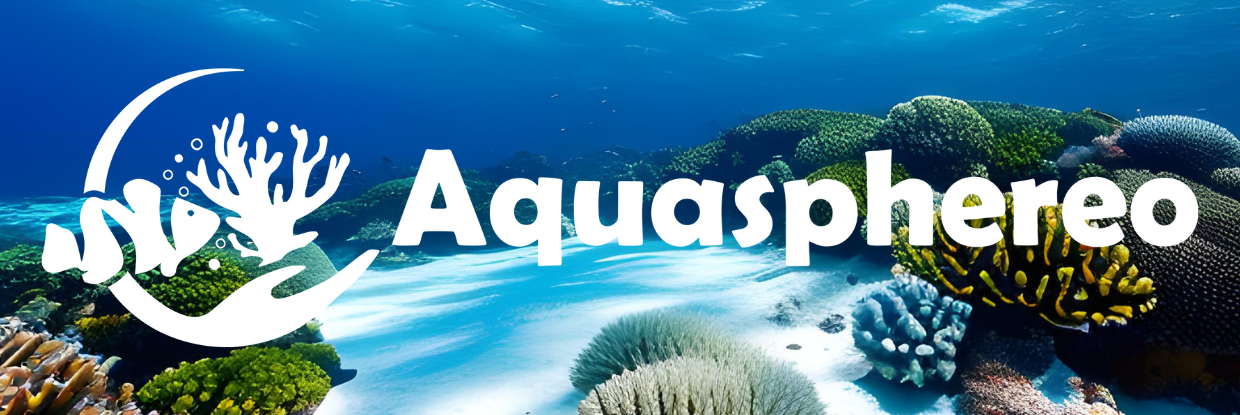Is Gorilla Glue Safe for Aquariums?
As an aquarium enthusiast, I know that every aspect of aquarium maintenance is crucial to the health and safety of aquatic life. Aquarium owners need to ensure that every product they use in their aquariums does not pose a threat to the living creatures. One question that often arises in this regard is whether Gorilla Glue is safe for aquariums or not. In this article, we will explore this topic in detail and provide helpful suggestions for aquarium owners.
Understanding Gorilla Glue
Gorilla Glue is a popular polyurethane-based adhesive used for bonding different materials together. The adhesive is known for its strong bond, resistance to water, and quick-drying properties, making it a go-to choice for various DIY projects. However, just because it is popular does not necessarily mean that it is safe for use in an aquarium.
Potential Risks of Using Gorilla Glue in Aquariums
While Gorilla Glue is considered to be waterproof and has been used by many aquarium enthusiasts, it is not recommended to use the glue in a fish aquarium. Gorilla Glue expands as it dries, and the expanding nature can harm the aquatic life in the aquarium. Moreover, the glue contains isocyanates, which can be toxic to fish and other animals in the aquarium. If exposed to water, the glue can break down and release toxic chemicals, leading to disastrous consequences for the aquarium’s inhabitants.
Alternatives to Gorilla Glue for Aquariums
Given the potential risks of using Gorilla Glue in aquariums, it is always advisable to opt for safer alternatives. Fortunately, there are several options available to aquarium enthusiasts for bonding materials in their fish tanks. Some of the alternatives include:
- Epoxy: Epoxy is a two-part adhesive that is known for its high bond strength and waterproof properties. Epoxy does not expand like Gorilla Glue, making it a safer option for use in aquariums.
- Silicone: Aquarium safe silicone is a popular adhesive used by aquarium enthusiasts worldwide. It is safe for use in fish tanks and does not release any toxic chemicals. Moreover, it does not expand as it dries, making it a safer option for aquariums.
Tips for Safe Use of Adhesives in Aquariums
When using adhesives in aquariums, it is essential to take every precaution to ensure the safety of the aquatic life. To ensure safe use of adhesives, consider the following tips:
- Always use adhesives designated as safe for aquariums
- Only use a small amount of adhesive as recommended
- Wait for the adhesive to dry and cure completely before adding aquatic life to the aquarium
- Use the adhesive in a well-ventilated area to avoid inhaling fumes
Can You Use Gorilla Tape in Aquariums?
While Gorilla Glue is not safe for use in aquariums, Gorilla Tape is considered to be safe. Gorilla Tape is a strong and waterproof adhesive tape that can be used to fix leaks and other issues in aquariums. However, it is essential to ensure that the tape is not in direct contact with the water, as it is not designed to be submerged in water for long periods.
Conclusion
In conclusion, the answer to the question “is Gorilla Glue safe for aquariums?” is no. While Gorilla Glue is a popular adhesive, it is not recommended to use in aquariums due to the potential risks it poses to aquatic life. Instead, aquarium enthusiasts should opt for safer alternatives such as epoxy and aquarium-safe silicone. When using adhesives in aquariums, it is crucial to follow safety guidelines and take every precaution necessary to ensure the well-being of aquatic life.
FAQs About Is Gorilla Glue Safe for Aquariums?
A. Gorilla Glue should not be used for aquarium decorations. It is not aquarium-safe and can cause harm to aquatic life.
A. Aquarium-safe silicone sealants are specifically designed for use in aquariums and do not contain any toxic chemicals that can harm fish or other aquatic animals. They are also waterproof and resistant to mold and mildew.
A. No, superglue is not recommended for use in aquariums as it contains cyanoacrylate, a toxic substance that can harm aquatic life.
A. Epoxy should cure completely before adding water to the aquarium. This usually takes about 48-72 hours.
A. Yes, some aquarium enthusiasts opt to use natural adhesives such as plant-based resins or clay. These materials are safe for use in aquariums, but they may not be as strong as chemical adhesives.

